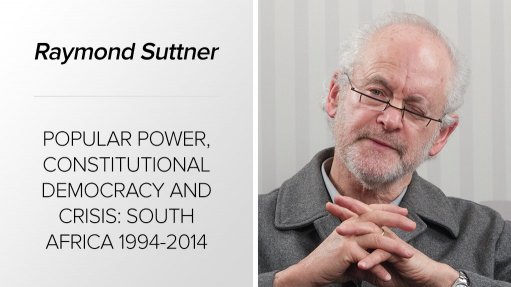
The establishment of representative democracy in South Africa was an important victory for people who had been suppressed from the first days of white conquest and who had experienced the seizure of land of African and other indigenous people. With some still cherishing ideas of popular democracy as experienced in the 1980s, electoralism may not have met every person's expectations. But in the context of the history of South Africa with its multiple forms of oppression and exploitation, the vote represented an important advance. It created the possibility of engaging with issues that had not previously been on the agenda. The transition took place within a framework establishing a constitutional democracy, where all organs of government would be bound to act in conformity with the constitution. Regrettably, constitutionalism is currently in crisis and extensive lawlessness undermines democratic gains. The article argues for the formation of a united, non-sectarian organisation behind broadly agreed goals, including defence of the constitution, clean government, and an end to violence.
Download the report above.
Written by Prof Raymond Suttner, Rhodes University, Grahamstown, South Africa